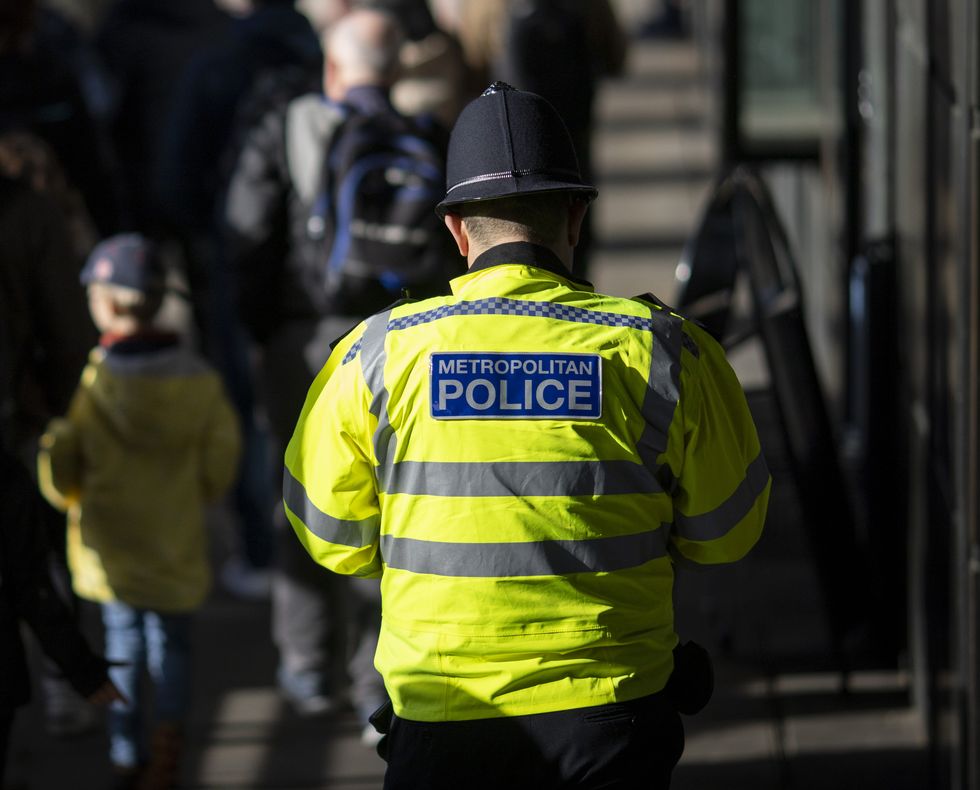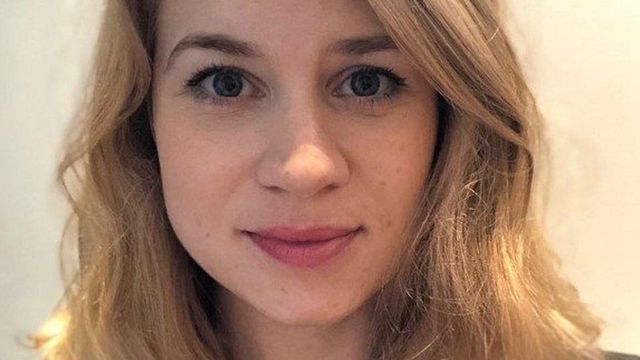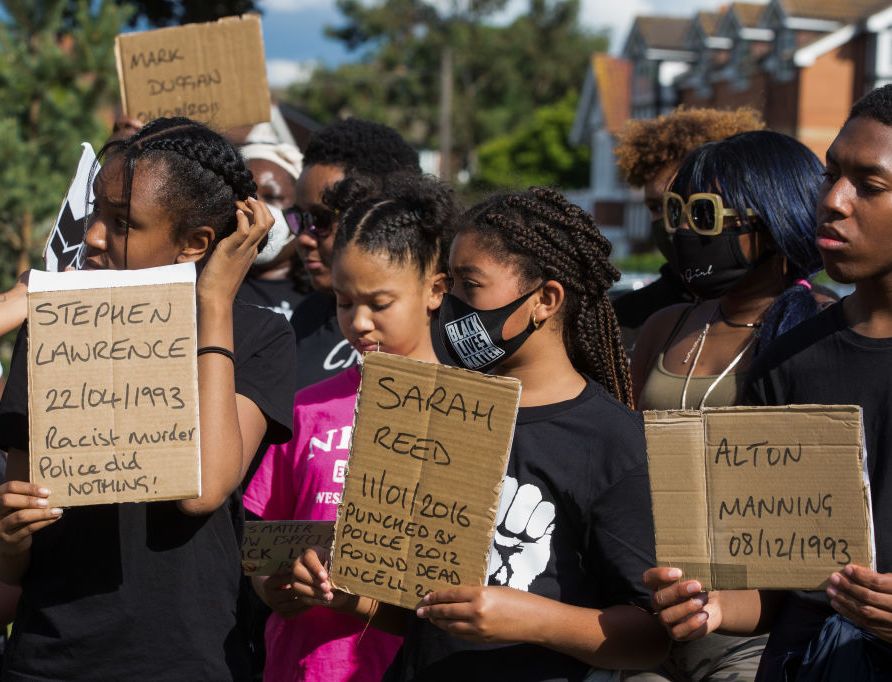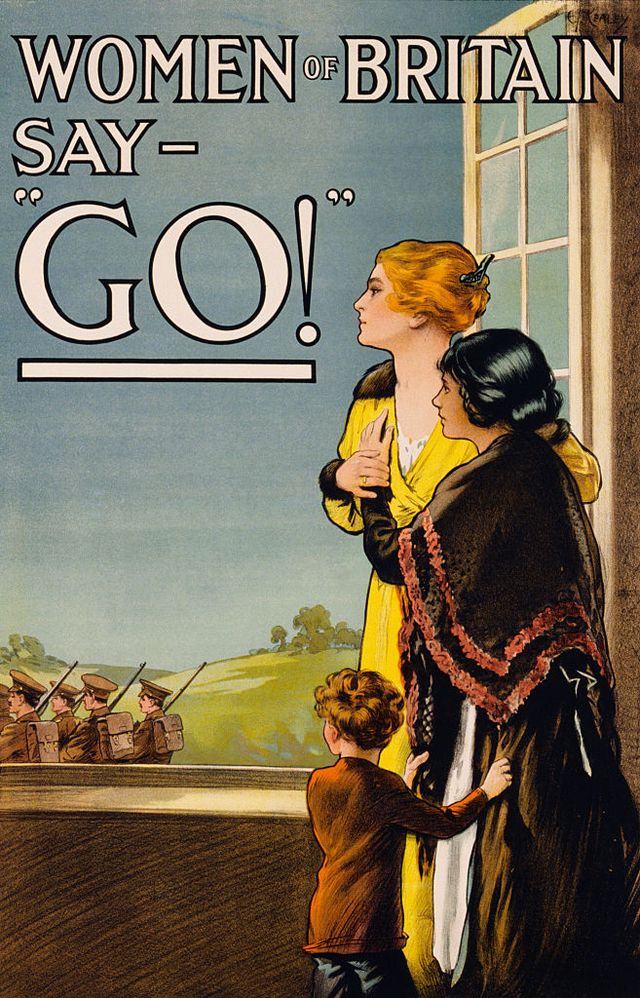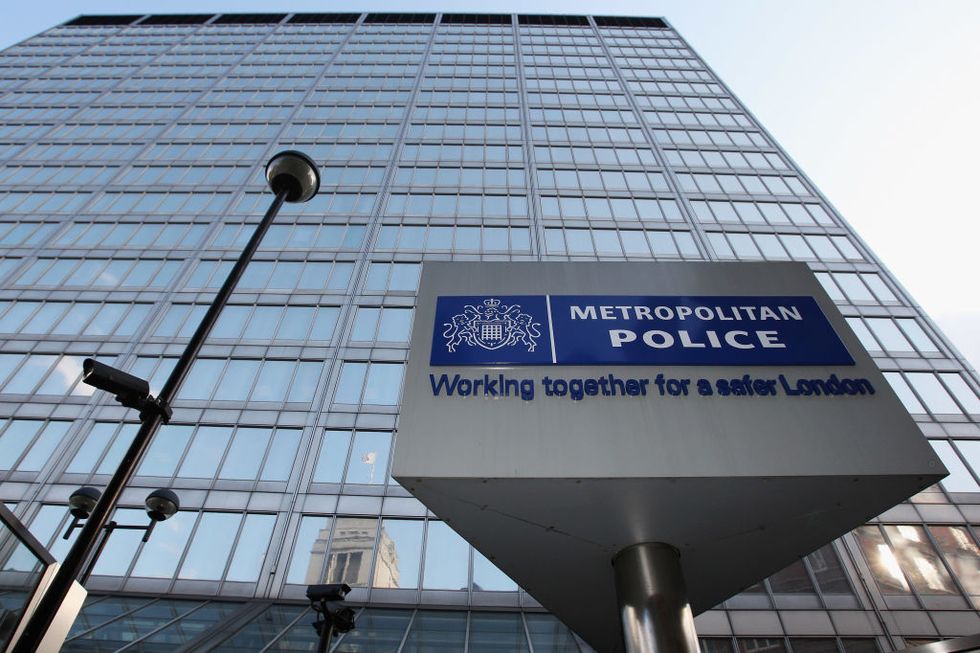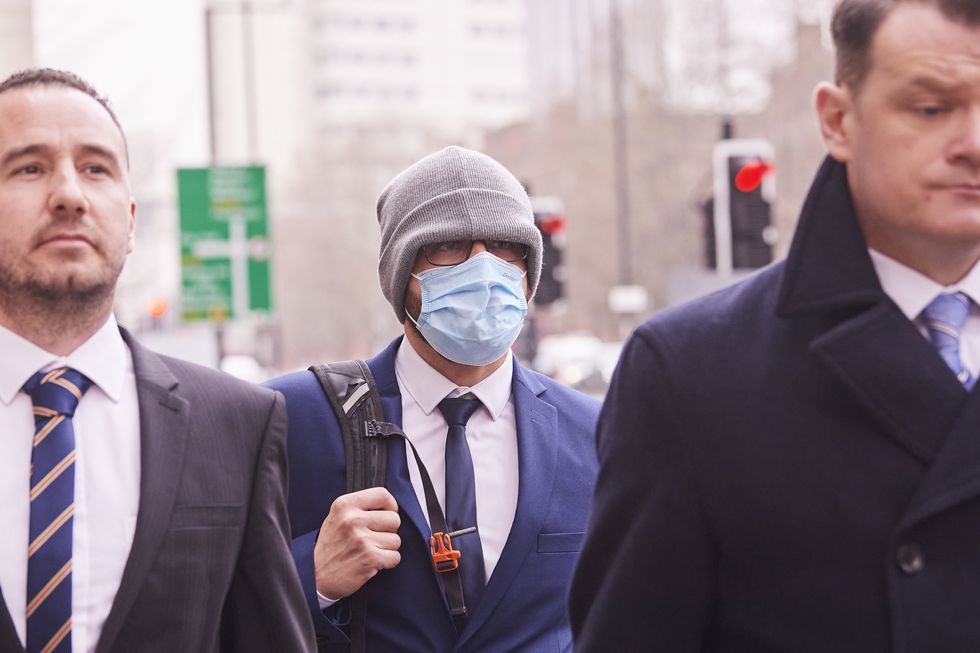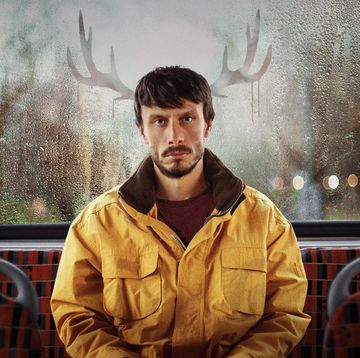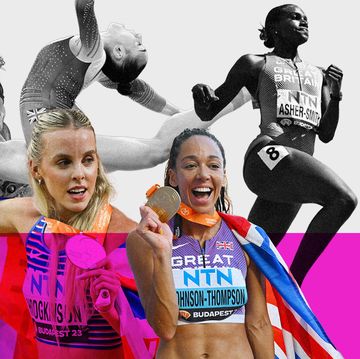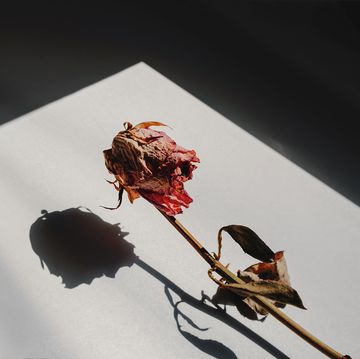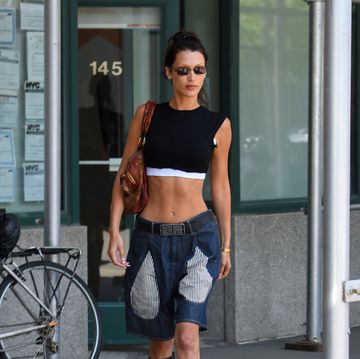We might be nervous to table this discussion, but that doesn't mean it isn't vital that we have it.
Before you say it, yes, 'not all police!'
Now that that's out of the way, we need to face the fact that the police force in the UK has a very serious problem.
The tragic murder of Sarah Everard suddenly brought to the forefront of mainstream consciousness this consideration that there are criminals lurking, sometimes in plain sight, within policing.
Worryingly often, when we learn of police officers who turn out to be raging monsters, we also hear of previous times when they were suspected, reported, apprehended or have exhibited similar behaviours and yet somehow been allowed to continue in their roles without repercussion. Wayne Couzens - who brutally assaulted, murdered and cremated 33-year-old Everard - was reported twice in 2020 for indecent exposure, his employment as a uniformed officer remaining unaffected.
While this seemed to be the moment that many white women were coming to terms with police brutality, I must point out that this is an idea that Black women had already been grappling with for decades. In recent years, Sandra Bland and Sarah Reed, both Black women, died in suspicious circumstances while in custody, 28-year-old Bland in Texas in 2015 and 32-year-old Reed in a cell in London's Holloway prison in 2016.
As a Black woman, I have been viscerally aware from a young age that my Blackness meant that I didn’t necessarily fall within the category of those who would be protected by the police.
I need you to stay with me for just a minute, as I do my best to link many aspects of women’s perceived place in society and the issues of police violence.
Womanhood as it has been presented to us in the modern world, is a patriarchal construct and, for the sake of this particular line of discourse, also a racist construct.
A concept of 'woman' was assembled by the status quo to provide justification for 'male' pursuits like battle and political strife. During the first world war, for example, white women became symbols of homemaking, reproduction and victimhood, giving men something to head to the front line for. Propagandist posters sprung up touting lines like 'Women of Britain say GO!'
But this version of womanhood, as it was crafted to operate in the Western world, was never meant to include non-white or otherwise marginalised women. White women were worth 'protecting' and 'fighting for', with never any mention of anyone else. This was a problem for many reasons. Firstly, it was merely objectification - women presented as weak things to be possessed, as opposed to actual human beings.
Secondly, because it was exclusively white women offered in this symbolism, the police force was also presented as a means of protecting only white womanhood. Trans women, working class women and sex workers have always felt the burden of existing outside of that group, experiencing the more sinister aspects of policing in a way that the average white middle-class woman would not have. This meant that for decades, marginalised communities that called out the heinous violence of the police were often silenced and ignored.
And then Sarah Everard was murdered by a uniformed, badge-holding police officer and the perception of being 'served and protected' by the police began to shift among white women too.
I observed with a heavy heart as the public discourse about a serving policeman killing a woman became laboured and shaky.
Suggestions that the government and the Metropolitan police put forward to mitigate becoming a victim of such horrendous violence included, not just the usual sexism like watching how you comport yourself and staying inside after dark, but also alerting the (you guessed it) police.
So what do you do when there is a high probability that the organisation positioned as being your protector, harbours people likely to cause you unthinkable harm?
The popular phrase that is parroted around whenever there is an attempt to hold police to account is that these alleged rogue officers 'are just a few bad apples.' Conveniently, people forget the second half of the saying, which is that those bad apples 'ruin the bunch.' In other words, the rot spreads.
So, do we reform the system or do away with it completely?
It seems as if I am posing quite a few questions - and I guess I am, because I believe the collective psyche of the British public has not been challenged enough to consider other realities to the one we cling to out of fear.
Wayne Couzens drew mainstream attention to the fact that either the Metropolitan police lacks a robust vetting process or - more alarmingly - the structure of the police force allows for depraved monsters like Couzens to thrive. We, the public, have now become privy to the fact that there have been police whatsapp groups, in which officers would share sexist and racist comments, even images of dead Black women; like in the case of Nicole Smallman and Bibaa Henry.
It was after seeing the news about Wayne Couzens that a woman was moved to speak up in October 2021, about her own experiences with a police officer, David Carrick.
Carrick, 48, is the most recent police officer to be exposed for heinous crimes. These have been listed as: 24 counts of rape, nine counts of sexual assault, five counts of assault by penetration, three counts of coercive and controlling behaviour, three counts of false imprisonment, two counts of attempted rape, one count of attempted sexual assault by penetration, one count of causing a person to engage in sexual activity without consent, one count of indecent assault.
How could Carrick have gotten away with these offences for so long and it not be brought to the attention of his superiors in one way or another? Well that is the interesting aspect of this, because just like Couzens who was known casually by fellow officers as 'the rapist' - Carrick was known by fellow officers as 'Dave the bastard.'
So it appears that some of his malignant behaviour was known and, in some capacity, accepted.
Carrick was highly trained. Unlike a more lowly beat officer, he had a gun licence and was part of the elite parliamentary and diplomatic protection command, his status making him more of a danger to the women he targeted. His offences spanned seventeen years.
It has now been claimed that part of the reason Cressida Dick was ousted as Met commissioner is likely because of the police handling of Carrick. There were at least nine separate occasions where Carrick’s superiors had been made aware of his misconduct, and yet he kept his job.
The fact of the matter is that the policing has been a problem for decades, I would even venture to say centuries. Policing was never about protecting the community. Policing was initially about protecting property and maintaining class divide. The disproportionate surveillance and killing of Black people at the hands of the police ties into the perspective that Black people were not initially viewed as fully human in the eyes of the law, and thus law enforcement. This reality has meant that for a long time Black people and working class people as well as other marginalised communities have seen the harsher nature of a police force which wasn't invented to protect their interests.
I find it extremely worrying that in light of the revelations about Carrick, the IOPC has stated that they are not planning any investigations that could lead to disciplinary action being taken against any other officers. At the same time, the Met did a search for any serving officers who had been flagged for sexual assault or domestic abuse in the past and they found 1,071. In a force consisting of 45,000 officers, that is mind-blowing. Rape Crisis noted that only 1 in 100 rapes recorded by police resulted in a charge that same year, let alone a conviction.
I think, where previously many would have been at a loss to understand the root of these unjust statistics, now there's more of an idea. I am personally considering whether this is a sordid system that protects the acts of men like Carrick by suppressing as many accounts of violence against women as possible. It might be comforting for some to think that these men are anomalies, but the sooner we start to consider that maybe, just maybe, what we are witnessing is a gang network that only exist to serve and protect each other - the safer we will be for it.
In the past couple of days, the Met police has issued a statement about being 'truly sorry', following the decades long spree of Carrick's violence, but this is, quite frankly, not good enough. These apologies are meant to placate the public, but do nothing to highlight what will be done to tackle the rotten culture that allows for officers like Couzens and Carrick to prosper.
On the other hand, maybe these apologies aren’t just placatory. Perhaps they are in some way an admission that the problem is far too great for the police force to solve for itself and, if we are unwilling to demand something different, then there might be more sorries to come.
Let us demand better.
